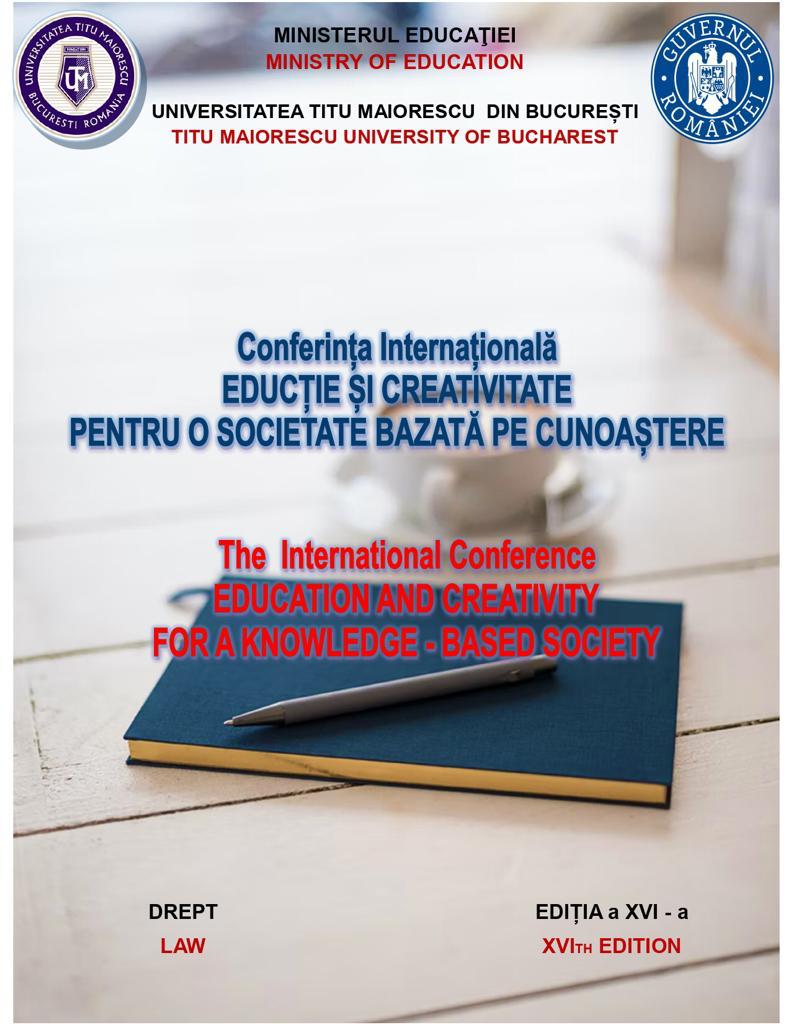INCIDENCE OF THE "NON REFORMATIO IN PEJUS" PRINCIPLE IN THE JUDICIAL PHASE OF THE PAROLE PROCEDURE
INCIDENCE OF THE "NON REFORMATIO IN PEJUS" PRINCIPLE IN THE JUDICIAL PHASE OF THE PAROLE PROCEDURE
Author(s): Ioana MălăescuSubject(s): Law, Constitution, Jurisprudence, Criminal Law, Civil Law
Published by: Österreichische Nationalbibliothek Wien/ Österreichisch-Rumänischer Akademischer Verein
Keywords: Parole; non reformatio in pejus; deadline for re-discussion; deadline for application renewal;
Summary/Abstract: The parole procedure, as a means of individualizing the execution of the sentence, involves two stages, an administrative one and a judicial one. When the Prison Parole Commission considers that parole is not required, it shall set out in the minutes a time limit for the re-examination of the convict's situation. The convicted person has the possibility to address to the court, within three days from the communication of the minutes, with a request for parole. If, on the other hand, the court considers that the conditions for ordering parole are not met, a time limit has to be set after which the proposal or application can be renewed, thus raising the issue of the principle of non-aggravation if the term is longer than the one set by the Commission.
Journal: Conferința Internațională Educație și Creativitate pentru o Societate Bazată pe Cunoaștere - DREPT
- Issue Year: XVI/2022
- Issue No: XVI
- Page Range: 32-37
- Page Count: 6
- Language: English

